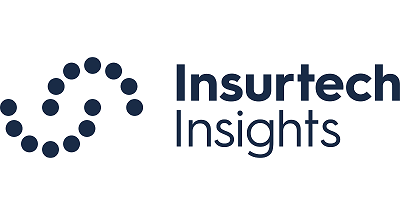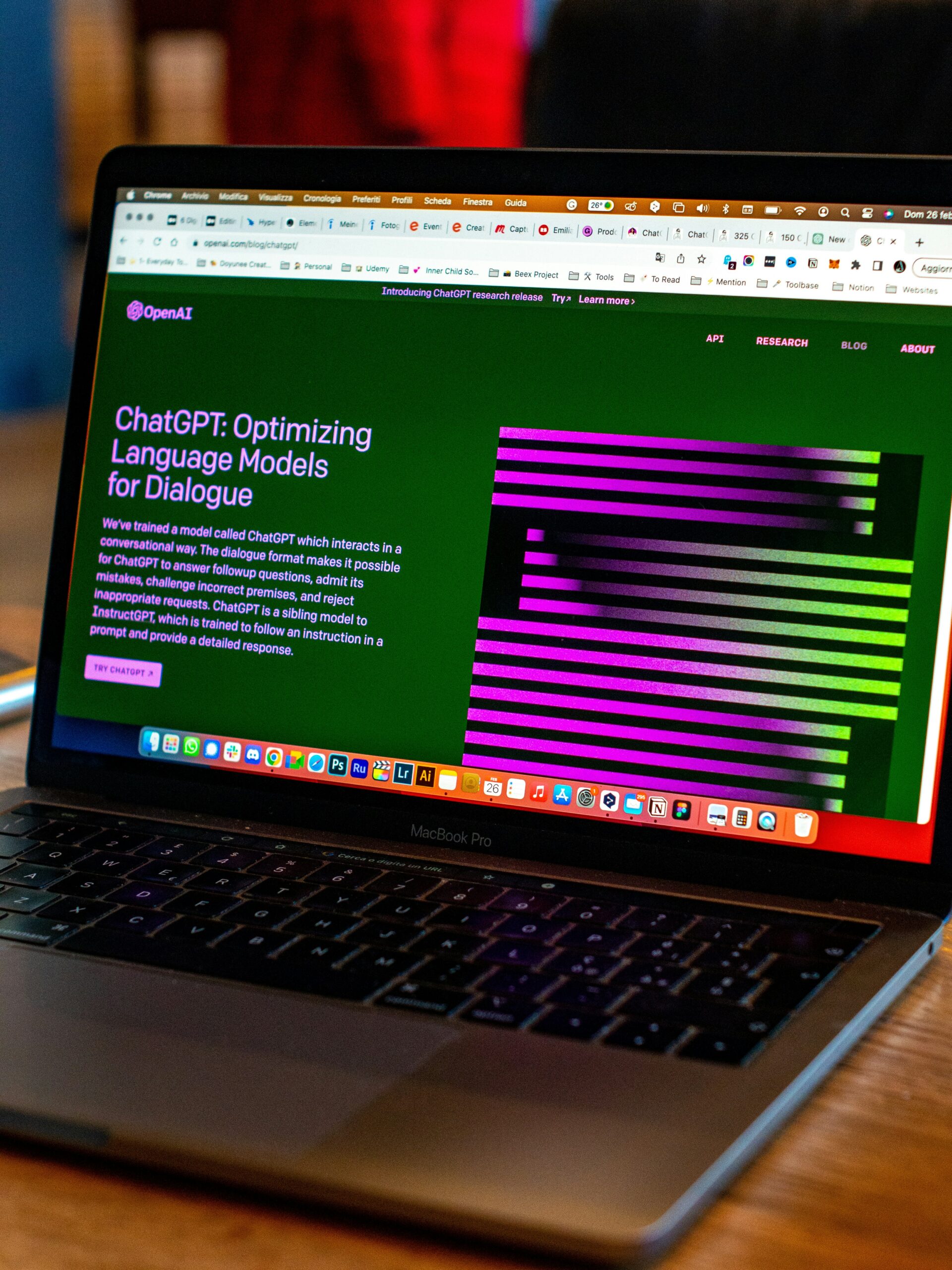Blogs
Navigating AI in Communications and Safeguarding Reputation

One thousand of the world’s top leaders and researchers are calling for a pause on AI development, citing that widespread adoption, a lack of regulation, and a huge number of unknowns could create a perfect storm.
AI applications, however, are rapidly growing. We are seeing an increasing number of communication and marketing professionals, including PR agencies, relying on AI for content generation. So, what is the good, the bad, and the ugly of generative AI, and how can PR professionals find the balance between efficiency and the risk of inaccurate information?
Speed Up Research Time to Accelerate Innovation
For years, companies have been investing massive amounts of time and money in efforts to understand their customers better through numerous touchpoints across the entire customer journey. Audience research and insights are fundamental in creating a communications strategy and executional programming.
AI algorithms analyze customer data and behavior in near-real-time to identify trends, preferences, optimize pricing strategies, and enhance customer engagement through personalized recommendations. For example, one of the largest armored truck companies, Brinks, worked with an AI start-up to test thousands of combinations of messages and offers, from creative content to channels.
Marketing communications and public relations (PR) professionals can also gain audience insights and stay informed about recent industry trends by just typing in a few words, saving hours of time on research. Understanding a target audience’s values, beliefs, and concerns can help PR practitioners sharpen media pitches and develop a more compelling message that resonates and engages audiences.
While AI tools could help practitioners to accelerate the pace of research and refine audience targeting, there are significant limitations and risks to these tools that require careful consideration.
Smarter with Technology
AI platforms could provide accurate information, but they are insufficient in capturing or addressing intangible human factors that play a crucial role in real-life decision-making. These factors can limit the ability of AI to make the right decisions and provide the best answers in complex or nuanced situations that require human empathy, creativity, and contextual understanding. For example, if PR practitioners use AI to create a media pitch without understanding the background of a journalist or a publication, the pitch will not be relevant to that particular journalist.
Furthermore, AI platforms can’t be relied upon to independently verify the accuracy or validity of the information. There is a possibility that AI-generated content is inaccurate, inaccessible, or even offensive. For communications professionals, there’s no doubt that AI can provide the foundation for research, but there should be more considerations when formulating communications strategies – the ethical, moral, or other emotional elements. They cannot solely rely on AI, as the associated risks– reputational, legal, and financial – are too significant to ignore.
Set Up a Policy
There are a lot of unknowns surrounding AI technology and concerns over privacy and governance, which can lead to a painful issue and a potential crisis for businesses. One of the primary issues related to AI and privacy involves the possibility of data breaches and unauthorized individuals gaining access to private information.
Given the vast amount of data being gathered and analysed, there exists a potential risk of it falling into the hands of malicious actors, whether through hacking or other security vulnerabilities. PR professionals should not provide sensitive and confidential information of corporations to the AI platforms, as these platforms are not immune to data breaches. From financial losses to reputational damage, the potential impact of a breach can be devastating. Hence, PR practitioners should only use AI platforms to generate ideas and research without disclosing sensitive information.
PR professionals should also set up a policy with legal and IT teams outlining the best practices for AI applications in the workplace. This policy must be communicated with everyone in the company as it allows employees to seize the opportunities of AI without putting the brand’s name at risk.
Lifting the Lid
We all understand that Wikipedia and Reddit are not entirely reliable sources, but still, chatbots, including explicit and implicit bias from the text could also absorb data from such sites. Despite the benefits AI can bring, stay skeptical. Providing accurate AI-generated content by fact-checking and reviewing it thoroughly is crucial. How current is the information? What credentials does the author or website have? Is the study or content biased? The internet is full of helpful information, so ask AI for the sources, do the proper due diligence, and verify it yourself.
AI should be seen as a helpful assistant. Using this assistant in the wrong way could create both substantial financial and reputational damage. At the same time, this is an opportunity for PR to innovate. As with all innovative technologies, their use has risks. Understand them, manage them, and you can leverage AI to better serve your clients.
Latest News



